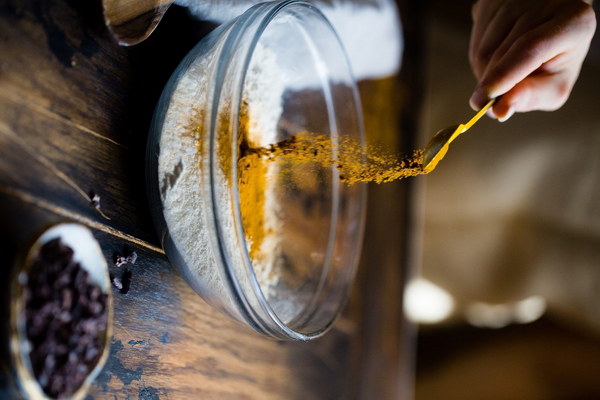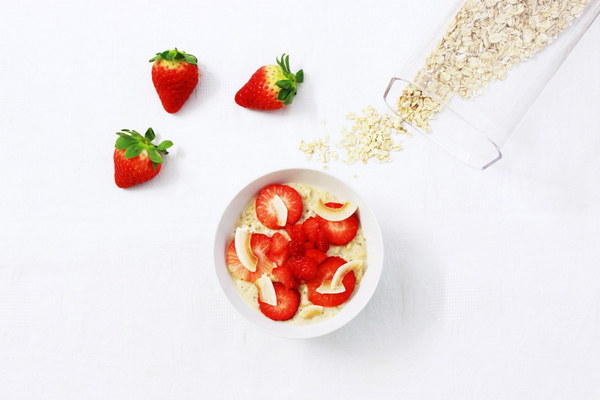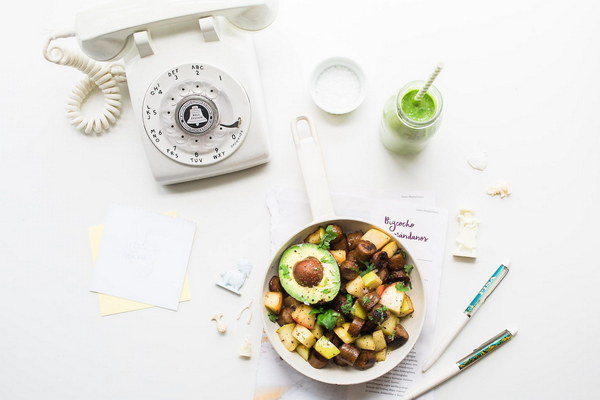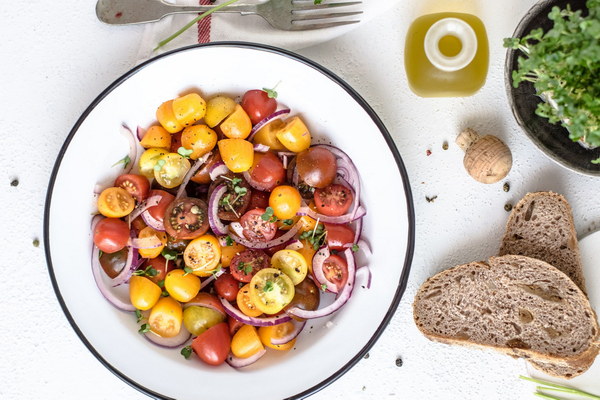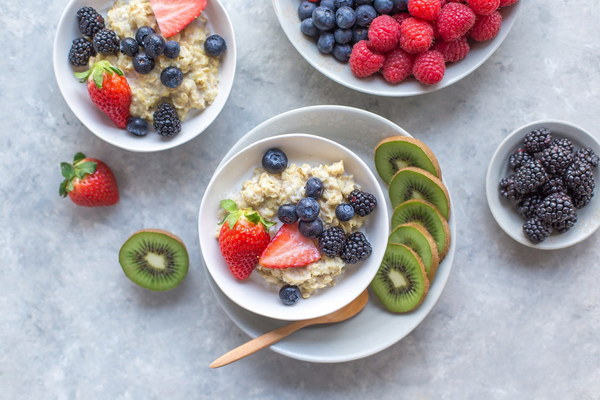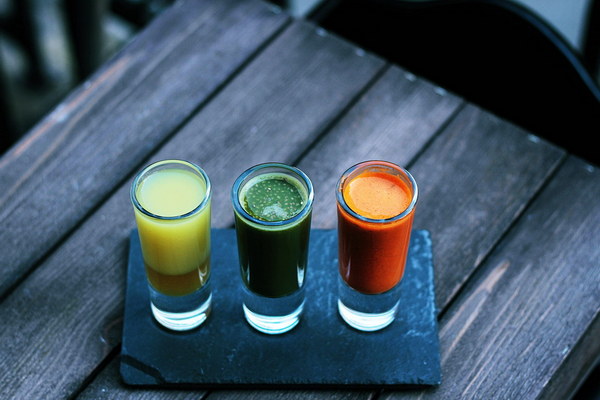Boost Your Immune System with These Antibacterial Diet Tips
Introduction:
In the era of rising antibiotic resistance, finding natural ways to combat bacterial infections has become more crucial than ever. One such method is through dietary changes that can help bolster your immune system and reduce the risk of bacterial infections. This article delves into the world of antibacterial foods and provides you with practical diet tips to keep those harmful bacteria at bay.
1. Garlic: The Allicin Powerhouse
Garlic is renowned for its numerous health benefits, and its antibacterial properties are no exception. Allicin, a compound found in garlic, has been shown to inhibit the growth of various bacteria, including E. coli and Salmonella. Add fresh garlic to your salads, soups, or even stir-fries to reap the benefits.
2. Onions: The Sulfur Compounds' Hero

Onions are another member of the allium family that boasts antibacterial properties. They contain sulfur compounds that can help fight off harmful bacteria. Incorporate onions into your meals, whether it's sautéed, raw, or roasted, to enhance your immune system.
3. Cinnamon: The Sweet Antibacterial
Cinnamon is not only delicious but also has antibacterial properties. It contains cinnamaldehyde, a compound that can inhibit the growth of bacteria, including E. coli and Staphylococcus aureus. Sprinkle some cinnamon on your oatmeal, yogurt, or even smoothies to enjoy its benefits.
4. Green Tea: The Antioxidant and Antibacterial Wonder
Green tea is packed with antioxidants and antibacterial properties. It contains catechins, which can help reduce the growth of bacteria like Helicobacter pylori, the bacterium responsible for ulcers. Sip on a cup of green tea daily to stay protected.
5. Honey: The Natural Antibacterial
Honey has been used for centuries as a natural remedy for various ailments, including bacterial infections. It possesses antibacterial properties that can help fight off harmful bacteria. Use honey as a sweetener in your tea, drizzle it over yogurt, or even apply it topically to minor wounds.
6. Probiotics: The Good Bacteria's Ally
Probiotics are beneficial bacteria that can help maintain a healthy balance of gut flora. Consuming probiotics can reduce the risk of bacterial infections. Incorporate probiotic-rich foods like yogurt, kefir, sauerkraut, and kimchi into your diet for a healthier gut.
7. Apple Cider Vinegar: The Acetic Acid's Power
Apple cider vinegar contains acetic acid, which can help inhibit the growth of bacteria. Add a tablespoon of apple cider vinegar to your salad dressing, drink it diluted in water, or use it in marinades for meats to enjoy its antibacterial properties.
Conclusion:
Incorporating these antibacterial foods into your diet can help strengthen your immune system and reduce the risk of bacterial infections. However, it is essential to remember that these foods should not replace medical treatment when dealing with bacterial infections. Always consult with a healthcare professional for appropriate treatment and dietary advice. Stay healthy and enjoy the delicious benefits of these antibacterial foods!


